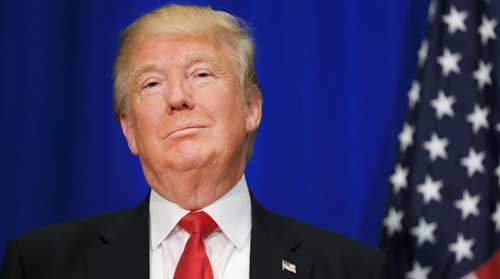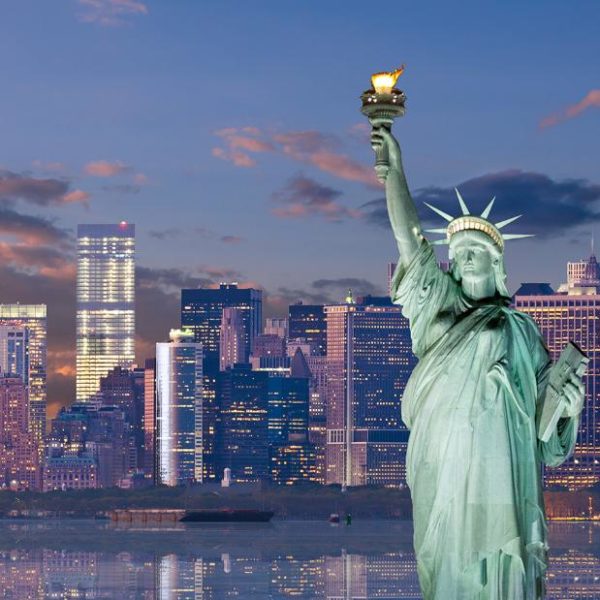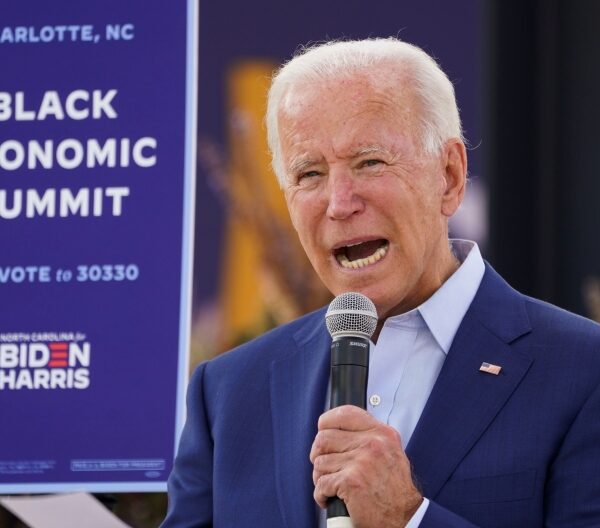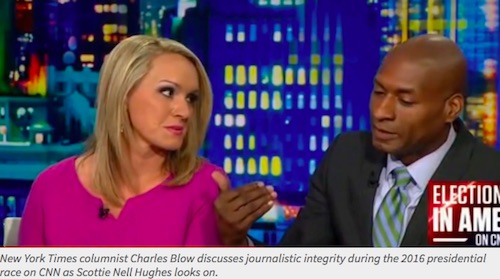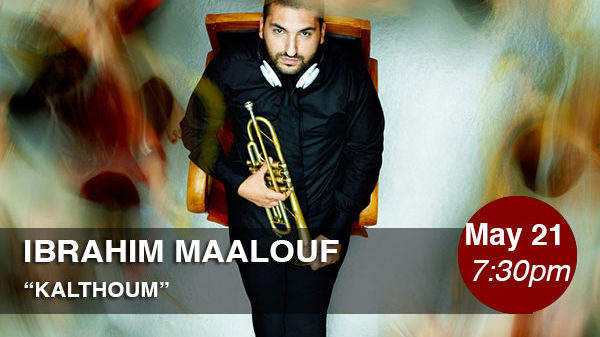The spirit of improvisation finds its ultimate expression in the workings of American democracy. Like improvisation, democracy believes every voice, however marginal or foolish, should be heard, every vote counted.
Then along came Donald J. Trump whose irrepressible spontaneity knocks much of this rosy vision about improv and democracy into a cocked hat. Presidential historian Jon Meachum calls Trump “Unabashedly improvisational.” David Axelrod describes him as “an improvisational performer, long on chutzpah and borscht belt put-downs but short on facts.” We’ve all seen it. The man gives no thought to the next thing out of his mouth. If Hermes the Trickster, the lord of boundary crossing, god of thieves and liars was the first improviser, Donald Trump the con man is his dark doppelganger, a dark echo point by point.
Immediacy? 3am tweets. Check.
Boundary crossing? Let me count the ways.
Hierarchy bashing? To the last.
In our culture, spontaneity is a validator, an authenticator, it makes one out to be trustworthy: “Trust me,” says the improviser, “I’m not in control of what I say. My muse made me say it.” In Trump’s case his unfiltered spontaneity is a kind of dog-whistle. Because he improvises we are told, he is more trustworthy than Hillary who prepares for debates and stands by her well-thought-out words, remembering not to contradict herself — lock her up!
How is it that just being yourself — let Trump be Trump — redeems you? What if you’re a raging narcissist? What if you — spontaneously — get all the facts wrong? Redemption? Not hardly.
The gesture of spontaneity functions as a device of persuasion based on the premise that spontaneity is the solution, not the problem.
But our great improvisers know better. Mark Twain’s famous notice to Huckleberry Finn attacks rhetoric, purpose, and morality. “Persons attempting to find a motive in this narrative will be prosecuted; persons attempting to find a moral in it will be banished; persons attempting to find a plot will be shot.”
Such gestures authenticate and authorize, and invite us into the adventure of a liminal world which distrusts logic and rationality, even fact. Sound familiar? But the great improvisers hold up a mirror to their illogic. At first promising a direct, unmediated experience of Truth and Reality, at some point they say, are we sure we want to go that far? As Mark Twain does when Huck’s raft drifts “free and easy” further and further into the slave states.
Lesser improvisers lack that self-reflexiveness. George W. Bush set a high standard for this kind of dangerous innocence. The Decider-in Chief, he didn’t need State Department analyses. He looked in Russian Premier Putin’s eyes and saw directly into his soul. On the basis of this unmediated experience, free of logic or facts or analysis, we should trust Putin. The gesture can thus be instrumental in matters of life and death. In this case it served us ill, doing little to prepare us for Putin’s culture of oligarchy and power grabs, his invasion of Georgia and the Ukraine, or his support of Syria’s Assad and present atrocities in Aleppo.
Whitman, that great improviser, sought “majesty and beauty … latent in any iota of the world.” Improvisations seek to grab not just the day but all of life. (We know what Trump likes to grab).
Still, as these last months have shown, it is both wrong and dangerous to suggest that improvisation and democracy are necessarily or inevitably linked, that if it’s improvised its authentic and trustworthy.
Improvisation and tyranny are also linked. I mean this as a matter of historical fact. In classical Greece and Rome, aspiring tyrants often linked themselves to Dionysus, the god who like Hermes only more so, challenges the reigning rationality and hierarchy. Tyrants-to-be invoked Dionysus to rally their base against the ruling powers of the polis. Everything is all everyman-democracy, I-am-your-voice, let-us-put-an-end-to-hierarchies, until, established in power, they pull out the tyrant’s mantle.
Trump has made it clear that, given half a chance, the tyrant’s mantle won’t hang long in the closets of Trump Tower on the Potomac. (Perish the thought). Even if he loses on November 8, I’m sure he will have dusted it off as he fans the flames of the Trumpsters who would like nothing better than to tear Hillary, the Republican Party, the constitution, and our democracy to shreds – or whatever is left of it after Tuesday, Nov. 8th.
Founder of the Ridenhour Prizes for Courageous Truth-telling, Randy Fertel, PhD, is the author of A Taste for Chaos: The Art of Literary Improvisation.

